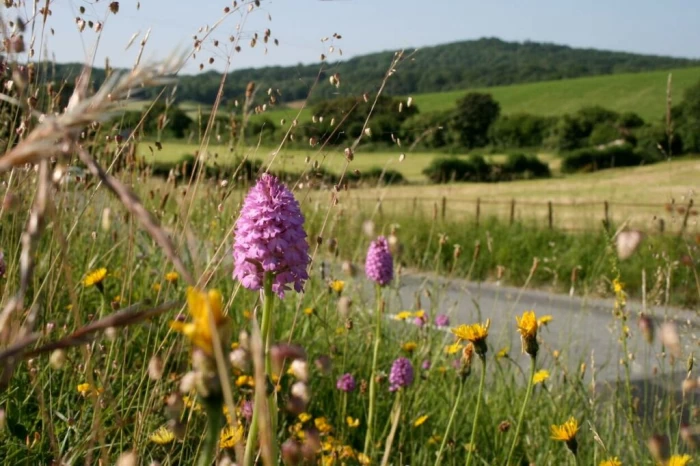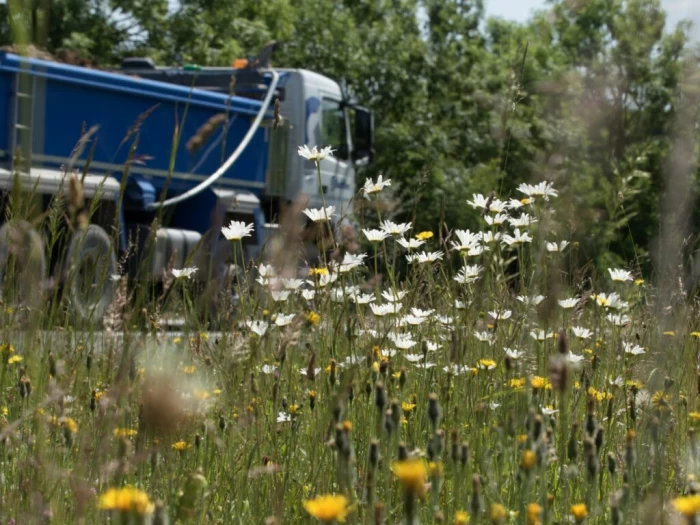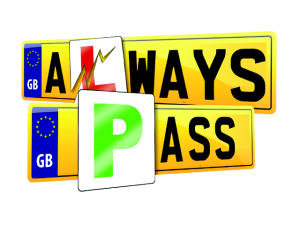
Environment or road safety?
No Mow May
Banish your lawnmower to the shed this May and take part in No Mow May. Watch beautiful flowers come into bloom and help pollinators such as bees, butterflies and beetles.
With two Bank Holidays in the UK this May, the traditional sound of lawnmowers buzzing is fading away as more gardeners prefer the sound of silence, in support of No Mow May.
Since the 1930s, nearly 7.5 million acres of flower-rich meadows and pastures have been lost. This has a cascade effect on our wildlife, with fewer pollinators and fewer insect-eating birds.
However, you can help – by doing nothing! Take a break from your regular lawn mowing schedule, and help your local wildlife at the same time.
What is No Mow May?
Plantlife, the wild plant conservation charity, started the No Mow May campaign in 2019 to encourage garden owners to put their mower away during May and let wildflowers grow. In the UK we have lost 97 per cent of British wildflower meadows since the 1930s, which has removed a vital source of food for pollinators such as bees and butterflies.
No Mow May is a national campaign to encourage people not to mow their lawns until the end of May in order to boost the flowers, and nectar, available to pollinating insects such as bees, butterflies and moths. This is a great idea in gardens and parks!


Road Verges
It was then suggested that local councils did the same on the road sides, verges & more.
We love to see wildflowers in the grass verges, but it has to be properly managed. If you spend a lot of time on the road you might find that long grass on verges can block lines of sight. If you can’t see properly at junctions and roundabouts it could cause accidents, and it will make it harder for less experienced drivers and learners. Where do you stand on this debate? Would you rather see wildflowers and long grass verges? Or do you find it’s having a bad impact on road safety?

Recent Comments